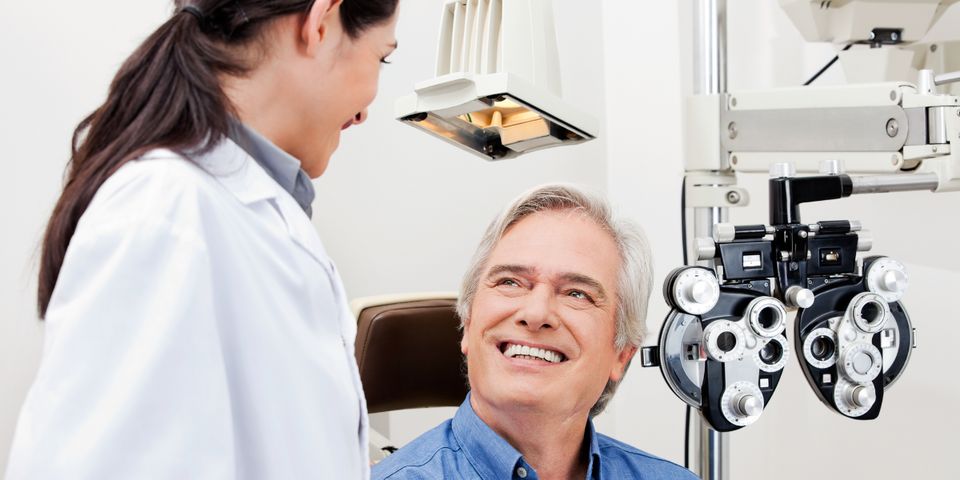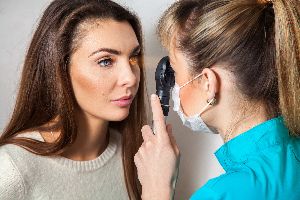What You Should Know About Cataracts and Cataract Surgery

Cataracts are a relatively common vision condition in which the clear “lens” of the eye becomes clouded, interfering with normal vision. Eventually, the level of impairment could require cataract surgery. Understanding who is at risk for cataracts and what the symptoms are will help you know when to see an eye doctor.
Who Is at Risk for Cataracts?
Cataracts are more likely to occur as you get older, particularly after the age of 40. The proteins and fibers in the eye’s lens break down as you age, which can lead to cataracts. Injuries, as well as other eye conditions or previous eye surgeries, can also increase your risk. Some people are genetically predisposed to developing cataracts, particularly if there is a family history of this condition.

There are also a few controllable risk factors related to this condition, such as using steroid medications, smoking, heavy use of alcohol, and exposure to air pollution — all of which make cataracts more likely. Not wearing sunglasses while outside can also increase the risk of cataracts.
What Are the Symptoms?
The most obvious symptoms of cataracts are unusual changes to your vision, such as cloudy or blurred vision, including a halo effect around light sources. Your eye may become more sensitive to light and glare, or you might have trouble seeing at night. This could require the use of brighter lighting for activities such as reading.
The severity of these symptoms will generally depend on the size and location of the cataract. If you notice changes to your vision, consult with your eye doctor for a diagnosis. While you may initially benefit from an updated eyeglasses prescription, cataract surgery will generally be recommended if vision loss is interfering with daily activities, such as driving or reading.
Whether you need cataract surgery or treatment for glaucoma, you can expect quality care from Medical Eye Center in Columbia, MD. With a highly trained staff of six eye doctors, their team can help you maintain excellent eyesight at any age. To learn more about their services or to schedule an appointment, visit them online or call (410) 997-9900.
About the Business
Have a question? Ask the experts!
Send your question

